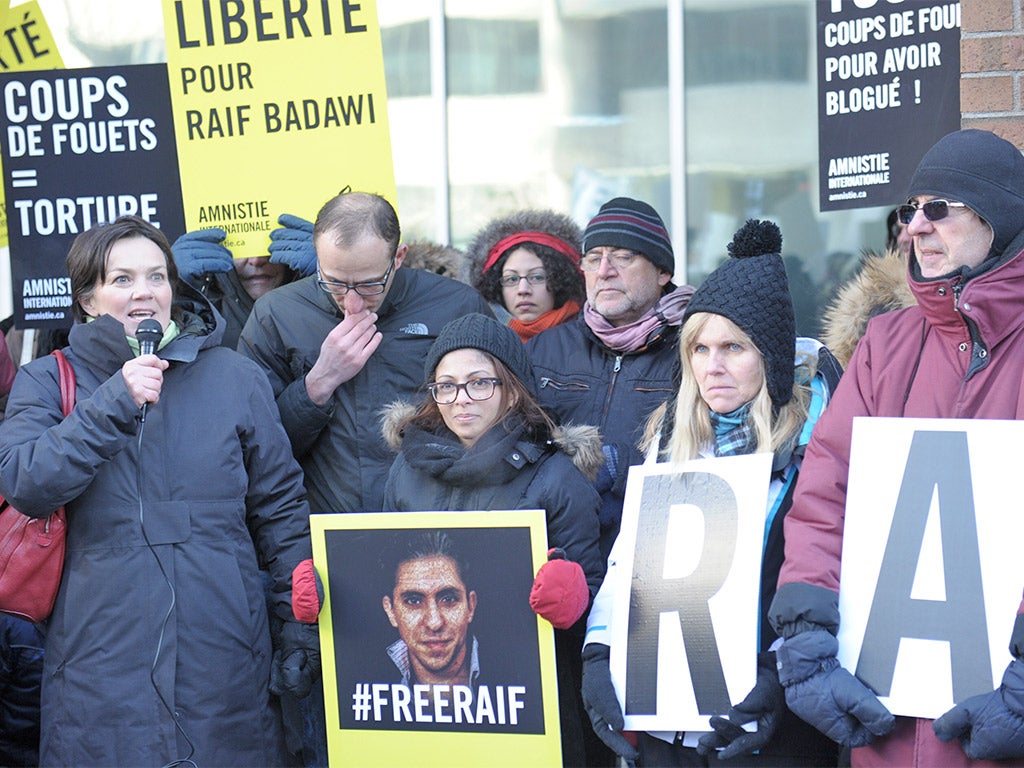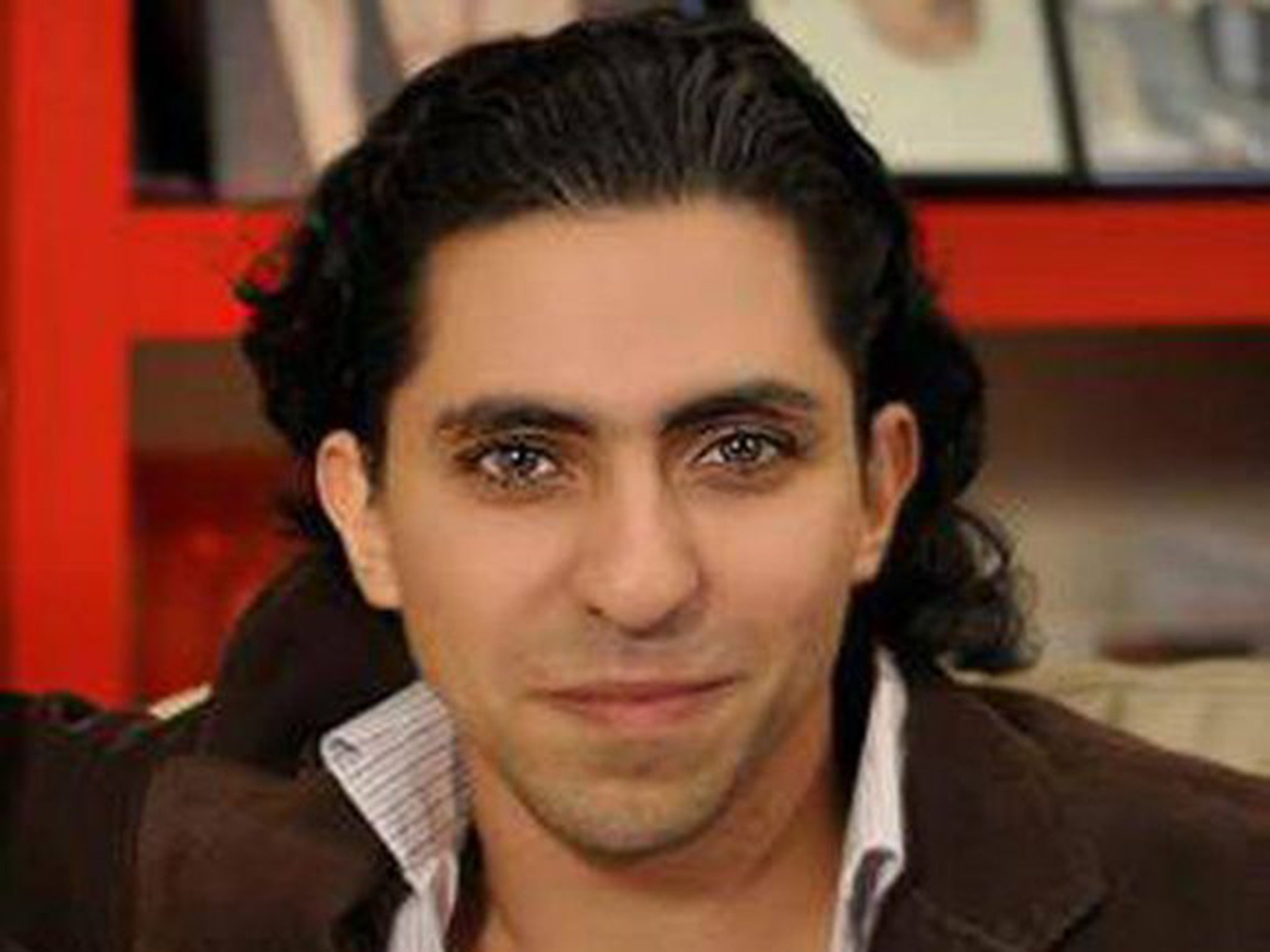Saudi Arabia publicly beheads woman in holy Mecca as blogger lashings are postponed
The Burmese woman was beheaded prompting criticism of Saudi Arabia's human rights record, following Raif Badawi's sentence

Authorities in Saudi Arabia have publicly beheaded a woman in Islam’s holy city of Mecca, prompting further criticism of the country’s human rights record.
Laila Bint Abdul Muttalib Basim, a Burmese woman who resided in Saudi Arabia, was executed by sword on Monday after being dragged through the street and held down by four police officers.
She was convicted of the sexual abuse and murder of her seven-year-old step-daughter.
A video showed how it took three blows to complete the execution, while the woman screamed “I did not kill. I did not kill.” It has now been removed by YouTube as part of its policy on “shocking and disgusting content”.
There are two ways to behead people according to Mohammed al-Saeedi, a human rights activist: “One way is to inject the prisoner with painkillers to numb the pain and the other is without the painkiller,” he told the Middle East Eye.
“This woman was beheaded without painkillers – they wanted to make the pain more powerful for her.”
The Saudi Ministry of the Interior said in a statement that it believed the sentence was warranted due to the severity of the crime.
The beheading is part of an alarming trend, which has seen the kingdom execute seven people in the first two weeks of this year. In 2014 the number of executions rose to 87, from 78 in 2013.
Raif Badawi, the Saudi blogger, was due to receive the second set of 50 lashes today for insulting Islam, but it has been postponed on medical grounds.
Ali A Rizvi, one of the blogger's best best friends told The Independent: "His wife told me that the lashings have been postponed, but it is only temporary."
He was sentenced to 1,000 lashes and 10 years in prison after creating a liberal, secular website, Free Saudi Liberals. He faces lashings every Friday for the next 18 weeks, until the sentence is completed.

He narrowly avoided the death penalty when a court threw out apostasy charges in 2013.
Sarah Leah Wilson, the Middle East and North Africa director at Human Rights Watch, said: “Corporal punishment is nothing new in Saudi Arabia, but publicly lashing a peaceful activist merely for expressing his ideas sends an ugly message of intolerance.
“Saudi Arabia is showing a willingness to inflict vicious and cruel punishments on writers whose views it rejects.”
Amnesty also condemned the sentence and has launched a campaign to release the blogger.
In Saudi Arabia a number of crimes, including murder, rape, adultery and armed robbery, can carry a capital sentence.
Beheading is considered one of the more humane punishments the authorities can mete out, a firing squad and stoning are other methods open to judges.
Join our commenting forum
Join thought-provoking conversations, follow other Independent readers and see their replies
Comments
Bookmark popover
Removed from bookmarks